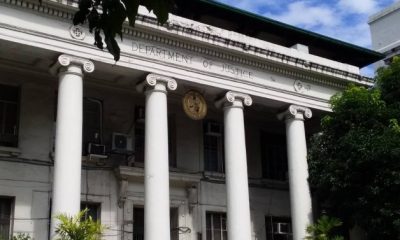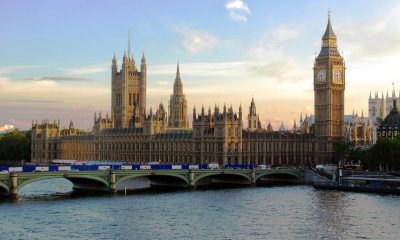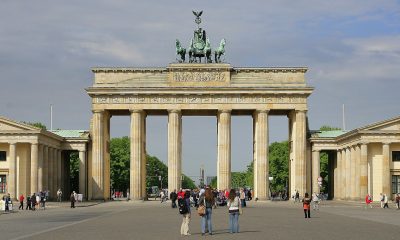News
Nepal hopes first state elections will give people a voice

FILE: Flag of Nepal (Photo By Drawn by User:Pumbaa80, User:Achim1999 – Constitution of The Kingdom of Nepal, Article 5, Schedule 1, Public Domain)
KATHMANDU, Nepal — Eleven years after Nepal began its journey toward democracy by stripping its authoritarian king of his powers, the nation’s 30 million people will finally get a say in running their local regions, giving voice to those who feel overlooked in a country with diverse ethnic groups and cultures.
But while many hope Nepal’s first state elections, which begin this weekend, will hasten regional development, others fear they will spark a fresh wave of violence. Two years ago, when the Himalayan nation adopted a new constitution that split it into seven states, dozens of people were killed in ethnic clashes over territory and rights.
Voters will now choose lawmakers in each of the states. Those lawmakers will then be able to name their states, draft provincial laws and choose local leaders. Residents of Nepal’s northern regions will vote on Sunday, while voters in the south will go to the polls on Dec. 7.
Many people are excited about the vote, including Bikash Lama, a taxi driver in Kathmandu, Nepal’s capital, who is planning to head to his home in the foothills of Mount Everest to vote on Sunday.
“So far, we have only been able to get a few people into the government,” he said. “With the provincial setup, we will have a bigger representation.”
Nepal’s slow path to democracy began in 2006, when protesters forced the king to give up his rule. Two years later, the nation officially abolished the centuries-old monarchy. Nepal decided soon after that a federal system would best deliver services to all corners of the nation, which remains one of the poorest in the world.
But bickering among political parties delayed until 2015 the implementation of the new constitution, which declared Nepal a republic.
“We created the constitution after years of struggle, but that is not enough,” said Nabindra Raj Joshi, a senior leader of the Nepali Congress, the country’s largest political party. “The most important part is implementation. This election will launch the provincial administration that will turn our achievements into reality.”
The process won’t be easy. Prakash Rimal, the editor of the popular Himalayan Times newspaper, said people have become used to a single power structure. He said there remain questions about how the state assemblies will function and whether they will get enough resources from the federal government.
But he also said the elections would open opportunities for the regions and take some pressure off the central government.
“This election is critical,” Rimal said. “It’s significant as a milestone in the transition to a federal structure.”
Suman Sah, a villager from southern Nepal near the border with India, said the federal system is a cornerstone of democracy.
“It’s successfully practiced in many developed countries and it is going to be beneficial for Nepal, which has so many ethnic groups and cultures,” he said.
Following the adoption of the new constitution in 2015, the ethnic Madhesi group protested for months, saying they weren’t getting enough territory in one of the states and were also facing discrimination. Violent clashes not only left more than 50 people dead, but also left the country with severe shortages of fuel and medicine because protesters blocked the borders with India.
The protesters finally agreed to the elections after some amendments were made to the constitution.
But many are now bracing for more violence. Four people were killed earlier this year in violence during village elections.
Navaraj Dhakal, an official with the Election Commission, said there have been some incidents where candidates and their supporters have been attacked during the campaign. He said the federal government and security forces have a plan to ensure voting remains peaceful.
The government has hired thousands of temporary police officers who will guard the polling stations alongside regular police officers and soldiers.





















